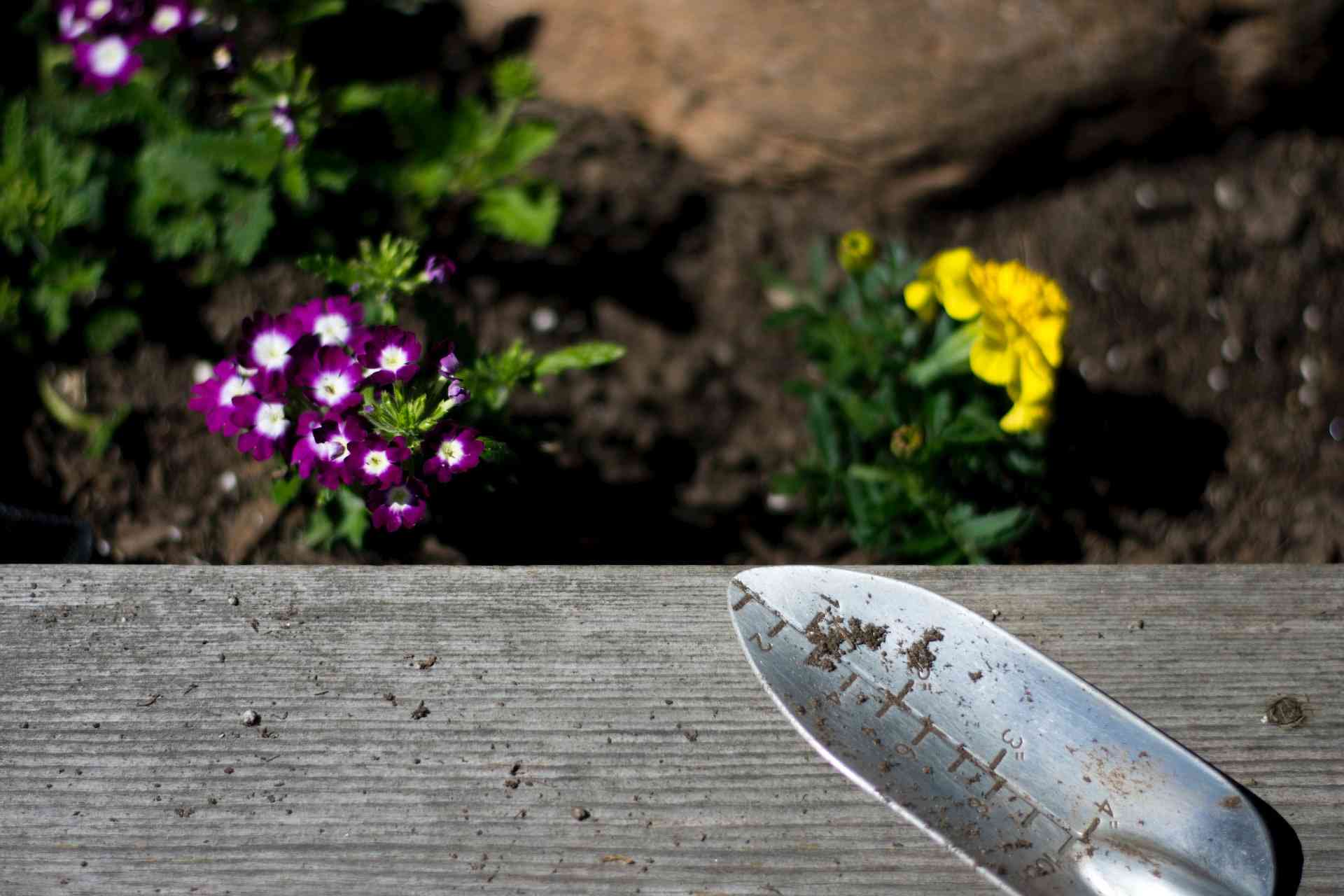Death is never an easy subject to talk about and explore. Whether it comes as a shock or as the expected conclusion of a loved one’s situation, death isn’t easy to process, understand, or come to terms with. What can also happen in a person’s life is that they can become gripped by death anxiety, which adds an additional burden to one’s emotional and mental well-being and needs to be addressed.
Contending with death anxiety
Death anxiety refers to the feelings of fear, dread, extreme discomfort, and generally being deeply unsettled by death or the process of dying. These feelings may be directed at your own death, or they can be rooted in concern about a loved one. When you are feeling sick, or if you experience a harrowing or life-threatening situation, you may be confronted by thoughts of your mortality and the possibility of death.
Similarly, if you see a loved one go through a difficult or traumatic experience, that may make you anxious for their safety. For instance, if a loved one is involved in an accident, is sick for a long time or with a serious and life-threatening illness, or if they are older and in failing health, it might make a person anxious about death.
In other cases, even hearing traumatic stories about experiences other people have gone through can make you feel anxious about your loved ones and their well-being.
Death anxiety can have a profound impact on a person’s life. It can make you restrict your movements, avoid certain modes of transportation, and miss certain opportunities because you don’t want to leave loved ones behind in case something happens in your absence.
Death anxiety can also make the time you do have with loved ones less enjoyable because you can end up dwelling on the thought of losing them more than you do simply enjoying time with them.
Finding joy and renewal
Death has a seeming finality and power to it because of how disruptive it can be to our lives. One minute you are with your loved ones, and the next it seems as though a curtain has fallen between you, separating you. That, coupled with a certain quality of being unknowable and inevitable gives death its power to make us fearful.
 However, as we reflect on death, we can, as Sara Johnson put it, “…rest in the hope of the resurrection. Just as we surely know we will die, may we be equally assured that we will be raised out of our tombs on the final day. Our graves will today be places of mourning, but will one day be transformed into places of celebration and resurrection.”
However, as we reflect on death, we can, as Sara Johnson put it, “…rest in the hope of the resurrection. Just as we surely know we will die, may we be equally assured that we will be raised out of our tombs on the final day. Our graves will today be places of mourning, but will one day be transformed into places of celebration and resurrection.”
Whatever power death may hold, Jesus’ coming into the world, dying for our sins, and rising bodily from the dead and into a new, immortal resurrection life changes everything (1 Corinthians 15). Joy, renewal, and life free from the power and sting of death are possible.
One’s death anxiety, whether centered around one’s own death or the death and dying of loved ones can be addressed in various ways.
The focus can be placed on the symptoms that death anxiety provokes, which it has in common with other forms of anxiety. Relaxation techniques such as deep breathing, progressive muscle relaxation, or using visualization and imagery to calm yourself are all great ways to get the symptoms of anxiety under control.
The symptoms of anxiety can also be addressed by using medications such as beta-blockers or antidepressants which are typically used to treat the symptoms of anxiety. These medications aren’t used solely but are most effective in combination with other interventions such as talk therapy.
It must be noted that medication can help relieve the symptoms of anxiety, but it is limited in what it can do for a person over the long term. What is most helpful is to address the root cause of one’s fears.
To address the root causes of one’s death anxiety, talk therapy, including therapeutic techniques like Cognitive behavioral therapy is highly effective. Talking through what you fear and why with a professional counselor helps you not only to feel a little more in control of your fears, but your counselor can also help you parse your anxieties while they help you come up with strategies that will help you cope with your anxiety as and when it crops up.
Some other techniques such as exposure therapy can also be helpful. With exposure therapy, your counselor will help you face your fears as you are gradually exposed to them in a controlled and guided environment. Over time, your exposure to what you’re afraid of will result in a reduced stress and anxiety response, and you can increasingly face your thoughts, feelings, and certain situations without fear.
Talking and working with a counselor in Sunnyvale, Texas can help you effectively address your fear of death or the process of dying. If you are a believer in Jesus, or even if you simply want to be exposed to a Christian understanding of death and dying, a Christian counselor at Sunnyvale Christian Counseling can help you appreciate and appropriate the insights and resources of the faith to overcome your fears.
“Standing on the Beach”, Courtesy of Tash Guimond, Unsplash.com, CC0 License
- Jennifer Kooshian: Editor
Jennifer Kooshian lives in the Upper Peninsula of Michigan with her husband of 32 years on a small homestead near Lake Superior. They have five adult children and one grandson. She also has an ever-changing number of chickens, a mellow old cat, and a...
DISCLAIMER: THIS ARTICLE DOES NOT PROVIDE MEDICAL ADVICE
Articles are intended for informational purposes only and do not constitute medical advice; the content is not intended to be a substitute for professional medical advice, diagnosis, or treatment. All opinions expressed by authors and quoted sources are their own and do not necessarily reflect the opinions of the editors, publishers or editorial boards of Stone Oak Christian Counseling. This website does not recommend or endorse any specific tests, physicians, products, procedures, opinions, or other information that may be mentioned on the Site. Reliance on any information provided by this website is solely at your own risk.





